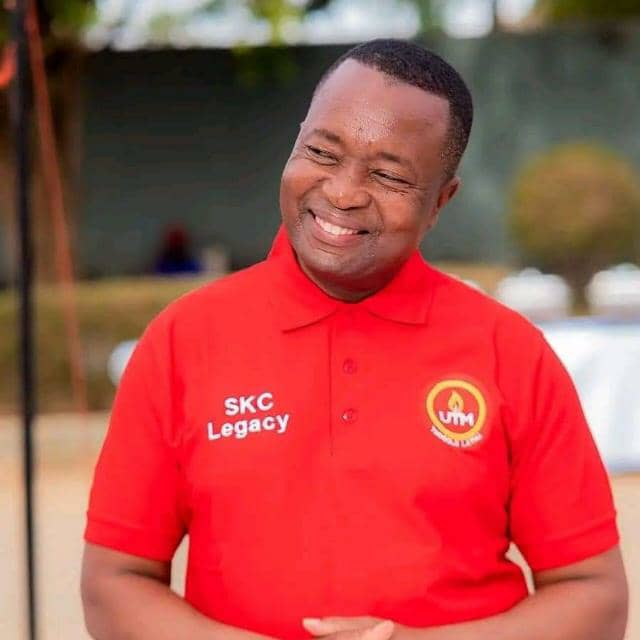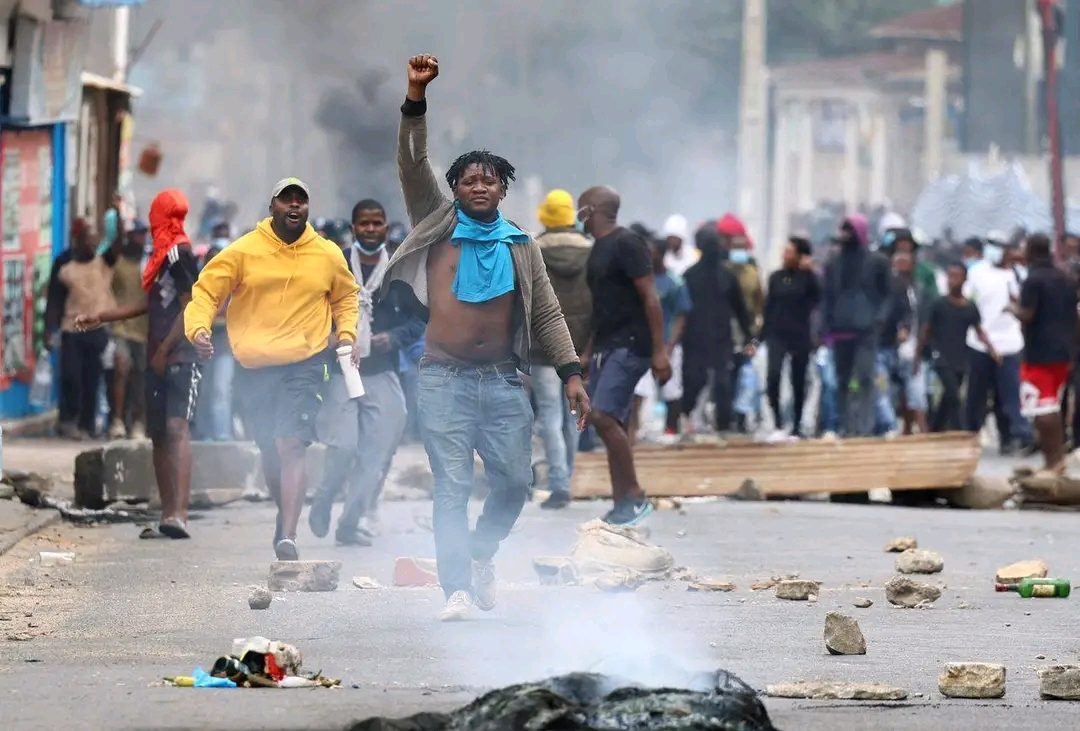By Burnett Munthali
Malawi’s political scene is never short of bold promises and dramatic statements, often aimed at winning public trust and sympathy. One of the most recent pledges making rounds is the idea that, if elected, a certain presidential candidate will walk on foot from State House to work as a symbolic gesture of humility and commitment to reducing government spending. While this may sound like a noble and people-centered decision at face value, a closer look reveals that it is not practical and could even increase government expenditure rather than reduce it.
On the surface, the idea of a Malawian president walking to work may be perceived as an effort to cut down on extravagant government spending, especially on fuel and vehicle maintenance. However, the security demands of a sitting president make such a move financially unwise.
1) Increased Security Detail – Unlike an ordinary citizen, the president cannot walk alone. Multiple bodyguards, police officers, and soldiers would be required to escort and protect the head of state throughout the journey. This means additional personnel will be deployed daily.
2) Higher Allowance Costs – Security personnel accompanying the president would require daily allowances for their extra work and extended duty hours. These allowances could amount to millions of kwacha per year, possibly surpassing the cost of fueling and maintaining presidential vehicles.
3) Traffic Control and Road Closures – The logistics of securing a moving president on foot would disrupt city traffic, requiring extra police officers to control roads, direct movement, and prevent security threats. This would inconvenience businesses and negatively impact productivity.
4) Operational Inefficiency – Walking may consume more time, causing delays in critical presidential duties. Malawi’s president manages numerous national issues daily, requiring swift and efficient movement. A car ensures quick responses to urgent matters, something walking cannot guarantee.
The economic challenges Malawi is facing require realistic and well-thought-out solutions, not symbolic gestures that do not yield meaningful financial savings. The Malawi Kwacha continues to depreciate, inflation is high, and the cost of essential goods, including fertilizer, has been on the rise.
For instance, the same politicians promising financial discipline had earlier assured Malawians that fertilizer prices would be reduced. However, reports indicate that the same government has failed to deliver on this promise, as fertilizer prices remain exorbitant at K4,495 per kilogram. This raises the question:
If the government is failing to honor its promises on reducing basic commodity prices, how can Malawians trust the feasibility of a walking president?
Economists and financial experts in Malawi have been instrumental in exposing misleading political narratives. Time and again, they have:
Debunked unrealistic government pledges and false hopes sold to citizens.
Analyzed budget allocations to highlight unnecessary expenditures.
Criticized misleading economic strategies that do not align with fiscal realities.
Their role in holding politicians accountable has been evident, especially in 2024, when several economic policies have been questioned due to their lack of feasibility.
Malawians deserve leadership that is solution-driven, not based on dramatic publicity stunts. Instead of focusing on symbolic walking as a cost-saving measure, leaders should:
Firstly, billions of kwacha are lost due to mismanagement and corruption. Recovering these funds would significantly reduce unnecessary expenditure.
Secondly, reviewing allowances, limiting unnecessary travel, and ensuring fiscal discipline are more effective ways to reduce government spending.
Thirdly, prioritizing investment, job creation, and agricultural subsidies would have a long-lasting positive impact on the economy.
Fourthly, Malawians deserve to know how their tax money is being used, and leaders should be held accountable for financial mismanagement.
The promise of a president walking to work may seem symbolic of humility and simplicity, but in reality, it fails to address the actual economic problems Malawi is facing. Security costs, logistical challenges, and operational inefficiencies would outweigh any financial savings from fuel reduction. Instead of misleading the public with impractical ideas, Malawi’s leaders must focus on implementing real economic solutions that bring tangible benefits to citizens.
In a time when fertilizer prices remain high, inflation is a growing concern, and government spending continues to rise, Malawians should demand realistic policies rather than mere political theatrics.




